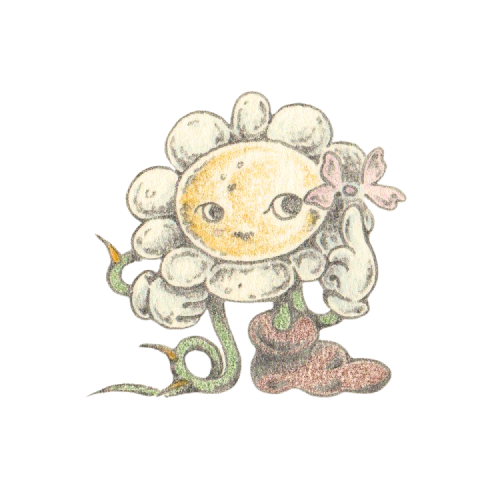Ethiopia - Worka Sakaro
Ethiopia - Worka Sakaro
Couldn't load pickup availability
There aren't many novel things I can say about Ethiopian coffee. Many farms throughout the country have been growing beautiful coffees full of vibrance, clarity, and sweetness (just to name a few of the many descriptors one could accurately attribute to the Ethiopian terroir) for a long, long time. However, the brilliant farmers at Worka Sakaro, a washing station in the region of Gedeb in Yirgacheffe, have managed to produce a truly unique coffee that I can honestly say I've never tasted the like of. I often find that a lot of anaerobic/fermented coffees have this "funky" quality that I'm not necessarily a fan of. Sometimes this funkiness leads the coffee to taste one-note, masking some of the nuance flavors that would otherwise be there. This is not the case here! I feel that the anaerobic process used here provides the cup with the the juicy/fruity qualities that one tends to expect with natural processing, but you also find the trademark Ethiopian florality that tends to fade away with these processing methods.
Once the cherries arrive to Tracon’s Worka Sakaro Washing Station, they are submerged in clean water to wash out any possible dirt or contamination that could affect the development of bacteria inside the fermentation tank. Once all cherries are clean and classified by their density, the heaviest cherries are selected and placed inside the fermentation tanks. These tanks were modified to have a one way relief valve added to the top of the tanks along with a hose that is placed inside a water bottle outside of the tank. The hose is placed inside the water bottle allowing the water to act as a barrier so that no oxygen can enter inside the tank and only allowing gasses to exit the tank, creating an environment free of oxygen within the tanks. After fermenting in the tanks for 72 hours, the coffee is then transferred to complete drying on raised drying beds for 17 days where the coffees are routinely raked and rotated by hand to assure consistent exposure and uniform drying during the drying phase.
Once again, I am really proud to be able to play a small role in bringing this coffee to you and I hope you enjoy.
Varietal: Gibirinna 74110 & Serto 74112
Processing: 72 hour Anaerobic Fermentation
Country: Ethiopia
Region: Gedeb, Yirgacheffe
Notes: Blood Orange, Blooming Flower
farm info
farm info
Yirgacheffe is famous for putting washed coffee on the map in Ethiopia decades ago. People fell in love with the floral and citric profiles that the washing process brought out in coffees of Yirgacheffe, and almost instantly this small town became famous. The region is home to 400 + smallholder regional coffee cherry producers.
Southern Ethiopia, and Yirgacheffe in particular can get very confusing when figuring out the geographical areas and names. Yirgacheffe is actually the name of a small town, AND the name of a small wordea (district). However, the name Yirgacheffe became synonymous for coffees coming from a much greater area than just the town or the woreda. Today, Yirgacheffee coffee is mostly from the political boundary area called the Gedeo Zone (named after the Gedeo ethnic group). Notably though, a very small amount of coffee labeled as Yirgacheffe comes from the Oromia SNNPR region that borders the western edge of Gedeo. The Gedeo Zone is broken down into 7 woredas, those are; Dilla, Dilla Zuria, Bule, Wenago, Yirgacheffe, Kochere and Gedeb.
Gedeb is the southern most woreda (district) of the Gedeo Zone, and in comparison to other areas coffee is somewhat newer to this area. Many farms here have only been growing coffee for 1 or 2 generations, and much of the coffee is only 20-30 years old. Farms in this area tend to be slightly larger than in the northern part of Yirgacheffe, but are still relatively small- averaging around 1-2 hectares, however some larger farms that are 5-20 hectares do exist.
The Gedeb woreda is home to the coffee producing kebeles (communities) Worka Chelbessa, Worka Sakaro, Banko Dhadhato, Halo Hartume, Harmufo, Gedeb Gubita, Gedeb Galcha, Banko Chelchele, and Banko Gotiti. Fairly recently, the political boundaries of Gedeb grew to include communities north of Gedeb, that were formally a part of Kochere. Those communities are: Mora Layo, Mora, Bisha, Geshe Jeba, Abel, Kedida Gubeta, and Gora Dibandi. These kebeles do not produce a lot of coffee due to their extreme elevation often over 2400 meters.
pricing info
pricing info
FOB: $12.87/kg
FOT: $16.56/kg
In order to bring transparency between you and the farms producing these coffees, we always provide pricing details on what we paid to acquire this green coffee.






